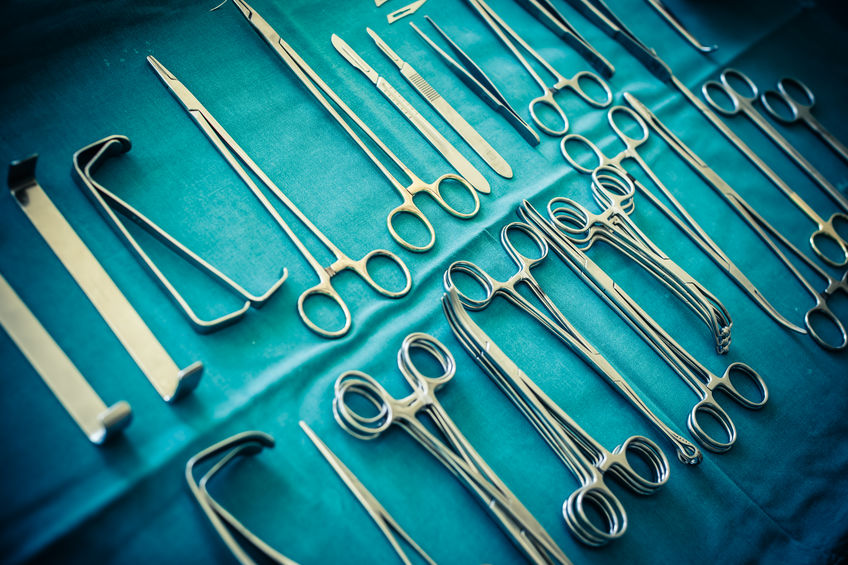Every hospital has a budget for purchasing surgical instruments in bulk, as they are required in every sector: ambulatory, stationary, sterilization station, operating block and intensive care. The quality of surgical instruments is case-sensitive, considering their use and also their contribution in the success of interventions and the well-being of patients. Surgical instruments must be of high-quality, manufactured according to high standards and properly maintained; these factors ensure their longevity and precision in the hands of professional surgeons. But the same factors are decisive for the price of surgical instruments – which is high!
Like we said before, hospitals buy in bulk, so, naturally, the budget for purchasing surgical instruments is considerable – sometimes too considerable for medical institutions and professionals who work on a tight budget.
So, what can be done about it? Should hospitals compromise on quality? The answer is NO. Quality should not be negotiable when it comes to health. Fortunately, there is another option: shopping price for surgical instruments.

This approach requires a plan. Hospital managers should take time to study offers received from manufacturers of surgical instruments, catalogues from suppliers etc. and make comparisons. Most suppliers in the United States do not manufacture the instruments they sell, but import them from manufacturers located in other corners of the world, which means that the same instrument can be available for different prices, depending the supplier you purchase from.
Here are a few tips for hospital managers about shopping price for surgical instruments.
- Make sure you have accurate expectations of instrument use.
- Even if it is tempting to choose the cheaper offer, you should always opt for quality instruments, because this way you will make savings in the long run. High-quality instruments can be re-used for a long time; they are made from the best materials and using methods and technology that increase their durability and accuracy. On the other hand, a cheap instrument will be used only for a short while and is not reliable; it may fail a surgeon when it is needed most.
- Partner with reliable surgical instruments suppliers to get discounts and other special offers. Make sure you have more than one manufacturer/ supplier for the items on your list, as sometimes it is good to have a backup plan. There are situations when you have to purchase some instruments urgently but the stock of your manufacturer is empty, so it is good to have at least one other good option.
- Purchase intelligently. Make lists with the instruments needed in the hospitals and purchase them individually, not in sets, as sets may also contain things you do not really need. You can also make some cost-cutting on less important instruments that do not affect surgeon satisfaction and the quality of their medical act (retractors, towel clips, sponge forceps etc.)
- Always verify the available discounts when you place an order. Make sure vendors make it clear, on their estimate, which items are discounted.
- Do not purchase premium-labeled instruments before checking with other vendors for better prices.
- Partner with a reliable third party service which deals with broken surgical instruments. Some of them can be repaired and used again with no risks, which is a better deal than purchasing new ones.
